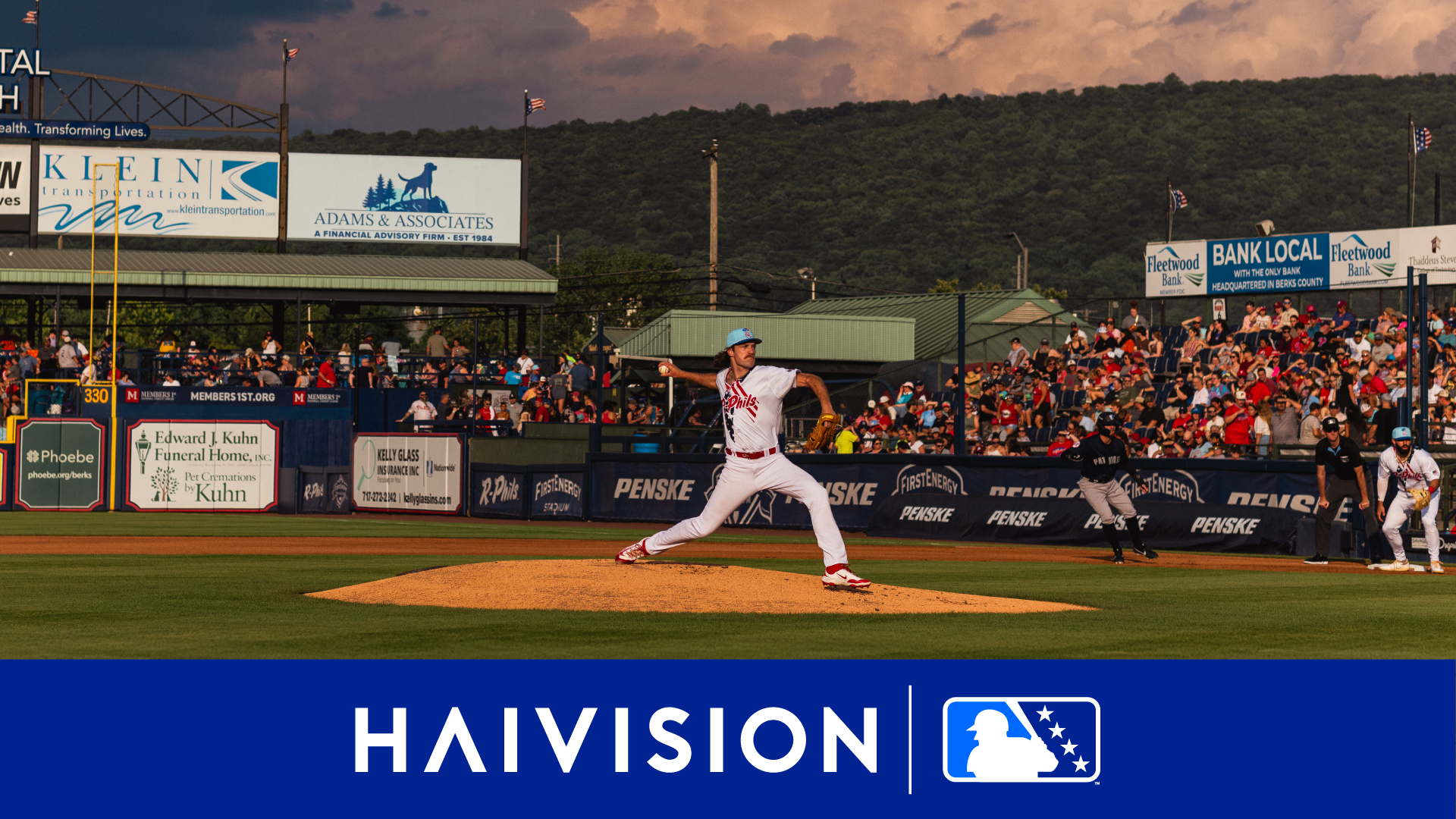Reacting Quickly To Correct a Mistake
The professional video industry's #1 source for news, trends and product and tech information. Sign up below.
You are now subscribed
Your newsletter sign-up was successful
Bill Gates was on Donny Deutsch's CNBC "The Big Idea" show recently, and I was interested in Gates' answer to Deutsch's question about what kind of mistakes he's made.
Gates didn't talk about any one mistake; he said Microsoft had made many, especially in the early years. But, he said, that they had reacted quickly, corrected course, and learned from them.
I've found television is ripe for big mistakes. And unlike a lot of other businesses where you might catch it and sweep the evidence under the rug as far as the public is concerned, a lot of television's mistakes happen right there, on-air, with thousands or millions of people watching.
While some happen in an instant (the Super Bowl wardrobe malfunction comes to mind), others can be long and painful. Hopefully, all that time will give you a chance to react.
I remember one such case while doing a televised spacebridge in the '80s, a two-way satellite hook-up with the United States and the former Soviet Union.
On the American end, we'd hired interpreters from the United Nations to translate the incoming Russian language into English, one for the Russian host, one for male speakers and one for female speakers.
In the selection process, no one caught the fact that one of the interpreters was a specialist in English-to-Russian, but not the other way around. We'd done some rehearsing, but not with the Russian speakers. We were barely underway when we found out her translations were killing us.
When we got into the first pre-recorded package, I walked into the interpreters' booth and said we were having mic problems, that we'd have to have the male speaker interpret everybody but the Russian host. During the balance of the two-hour spacebridge, we never got around to fixing the mic problem.
It probably wasn't the best idea to lie, but we did need to make a change in a hurry. It saved the show.
Just as a complete rehearsal, with Russian speakers coming over the line, would have alerted us to the interpreter problem, rehearsals are usually lifesavers. But like in that spacebridge, it's sometimes hard to get all the elements in place for a full rehearsal.
Take a team sporting event. Rarely do the teams' pre-game warm-ups really duplicate game action. Before a football game, an offense doesn't run against a defense. Before a basketball game, they do a shoot-around but they don't run up and down the court. Baseball, bless them, comes as close to real game action as any with batting and fielding practice.
So it holds true for producing sports, and probably for producing anything else as well, to put your most experienced operator in the key position.
In football, you may be able to shoot around the high end-zone position, and you can relegate the handheld on the field to shooting player and fan reaction, but if you can't count on the high 50-yard line camera, you're not going to be able to show much of a game.
Put your real pro on the 50. If you get into the game and find the high-50 camera operator can't follow the action, figure out some way to make a switch.
Personnel problems aren't always with the operators. Producers and their assistants can also need changing.
In my experience, local stations don't do much full-blown golf coverage, and so it can be hard to figure out what kind of person can best fill some of the specialized golf production positions. We did two tournaments, and it was a steep learning curve.
Golf is so spread out that there's no one shot the producer and director can look at and know basically what's going on. Instead, they rely on a communication system with spotters on tees and greens, and at the mid-way point on long holes.
These spotters relay which golfer is about to hit to an assistant producer in the truck. That AP keeps track of it all on a cardboard grid. The producer can look at the grid to see where the golfers are, and the AP answers "Where the h#*^ is Woodside?" questions.
Since a golf production is a television show, we thought we ought to have a television guy who knew something about golf in that AP position. Though we did some sort of a rehearsal during a preliminary round, we didn't realize how lost that AP was going to get until we were on the air.
We had to do something, so we finally squeezed a golfer with a headset in next to him. The two of them got us through Saturday's coverage. On Sunday, we had the golfer do the whole job. It went a lot smoother.
Bill Gates advice about reacting quickly to mistakes seems to me to make a lot of sense in the television world as it does to Microsoft.
The professional video industry's #1 source for news, trends and product and tech information. Sign up below.
